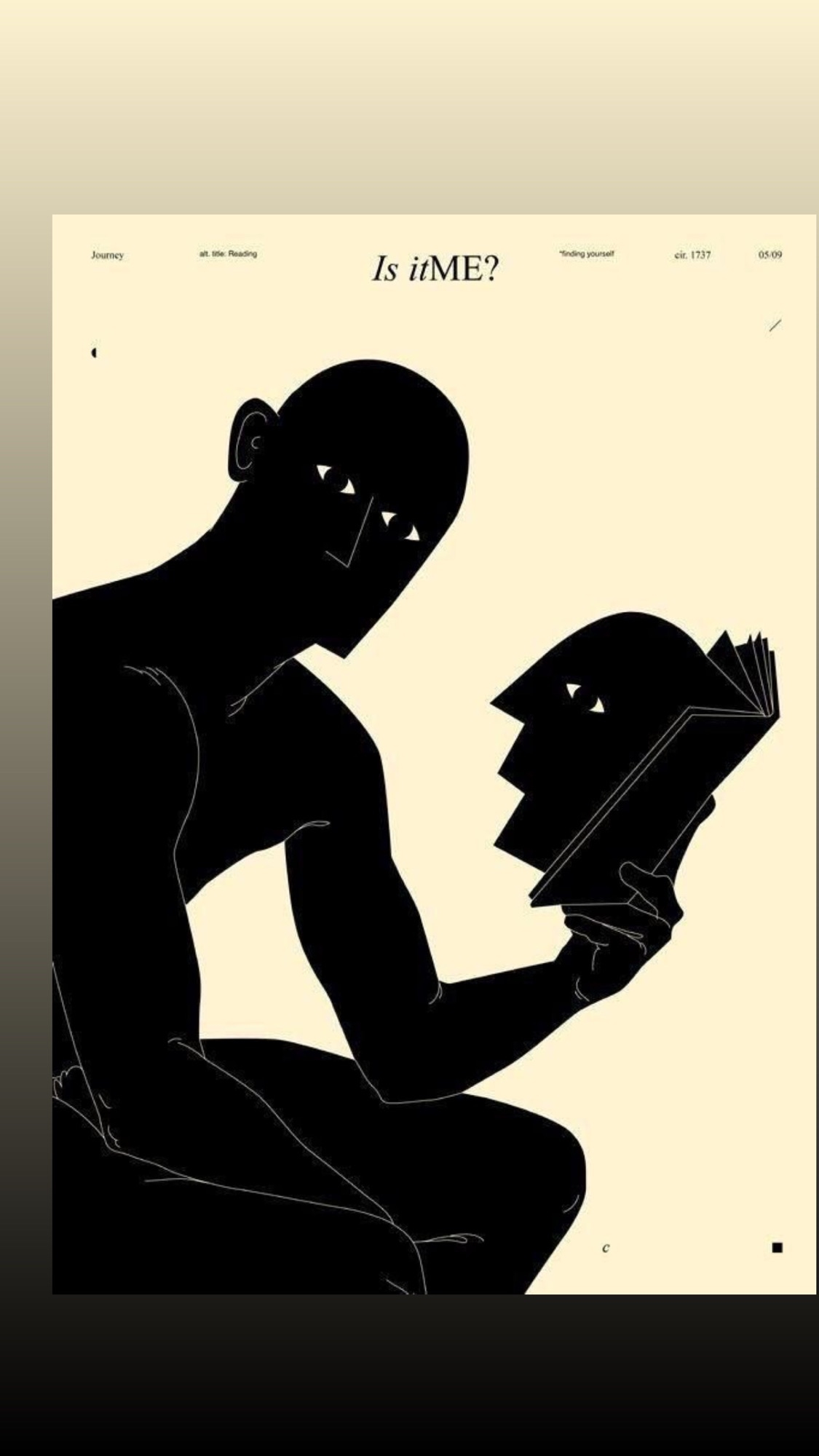Here’s a question I think we should all start asking ourselves more often: Is this conviction or just ego? Are you really self righteous or are you being confronted with your sin? This is a question I want all of us to start asking ourselves more often. It challenges the tendency to deflect discomfort by assuming moral superiority. The “I’m right, they’re wrong” versus asking ourselves: What in me is being exposed right now? It invites humility. Sometimes the things we consider “discernment” or “standing on business” is truthfully pride in disguise—a way of avoiding accountability, avoiding truth. Other times, we are right—but the point isn’t just about being right, it’s about being transformed. This question becomes a mirror: Is this conviction or just ego? Am I defending truth or defending myself? It’s a question worth sitting in—not to shame ourselves, not to harm ourselves, but to become more honest, whole, and a better person.
Self-righteousness often stems from defensiveness—the need to be right, to feel morally superior, or to protect an identity that doesn’t allow flaws. When someone or something exposes a weakness, we sometimes react with spiritual avoidance: “God knows my heart,” “At least I’m not as bad as them,” “They don’t understand me.” That’s not conviction—it’s evasion, dressed up as insight.
On the other hand, being confronted with sin—or a part of us we don’t want to see—is uncomfortable. It exposes us. But conviction is a gift. It humbles us in the name of growth. It says, “Maybe there’s truth here I need to face,” “Maybe I’m not the victim in this,” “Maybe I’m being called deeper.”
We live in a world where people value being right over being real. A time where people weaponize “truth” and “boundaries” as shields, but we rarely ask ourselves: What’s my part in this? We love calling people out but hate being called in. Self-protection is often disguised as confidence or clarity, but the real strength is in being able to call yourself out—to recognize your faults, to admit when you’re wrong, to face your shortcomings. We all have them—there’s no one in the world that is perfect. We have all hurt someone at some point. It’s important we recognize that. We recognize the ways that we affect others around us.
Confronting our shadow sides—the parts we don’t want to see or acknowledge—is the greatest thing we can step into. That’s where we see the things that need change, that need some examination. Confronting those things is where the real growth lies.
This is the work of becoming human. Of being less afraid to look within. That’s how we step out of self-righteousness and into something deeper: wholeness.

